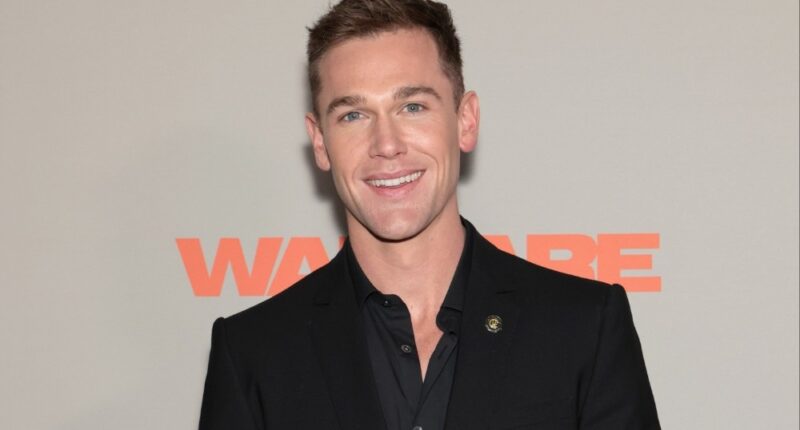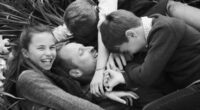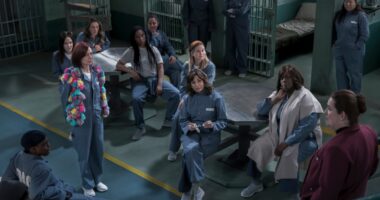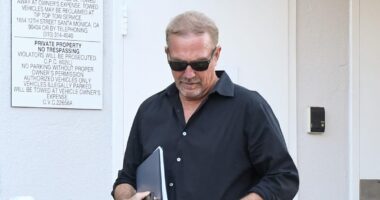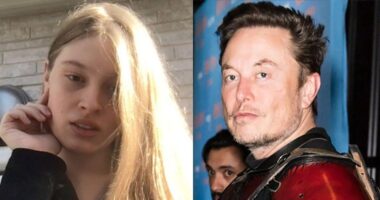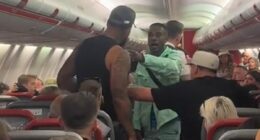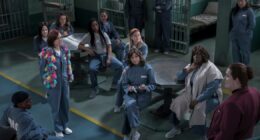From a deleted scene in “Hunger Games” to a starring role in “Where the Crawdads Sing,” Taylor John Smith has built up an impressive resume. On Friday, he appeared on stage at the Taormina Film Festival to introduce Ray Mendoza’s and Alex Garland’s film “Warfare.” Later, he sat down with Variety to talk about the film and his career so far.
You have “The Hunger Games” as one of your first credits.
I was not even a glorified extra on “The Hunger Games.” I was in the bonus scenes.
You got cut out?
Deleted scenes, exactly. It was my first time on a film set and Gary Ross was directing. It was a cool experience, but when you end up on the DVD, like bonus scenes here… I was just happy to be there, scared beyond anything. I’m so grateful that this has been my job, since I was 18.
Last night, you said that “Warfare” is not a pro- or anti-war film. What did you mean?
It’s essential to understand the serious implications and harsh realities of war. The aim is to shed light on the gravity of decisions made when individuals enlist in the military and are sent off to combat. The hope is that people realize the significant weight of such choices. The brutal truth is that war is a nightmarish ordeal, and expecting young men and women to endure such horrors is simply unreasonable. When these individuals are on foreign soil, their primary focus is on survival, not the political circumstances that led to their deployment.
When did you first become aware of the project?
Around Christmas time, I was with my grandparents and my family in Delaware, spending quality time with them, but I couldn’t get up from my chair, reading this script. I told my agent: I’ll play the door they kick in. I met with Ray and Alex in L.A. and the conversation was less about the script and more about attitude. They wanted to know I was invested. This is going to be a kick in the balls. It’s going to be grueling, physically, emotionally, mentally.
You trained for the film.
The training regimen included live firearms practice, learning proper radio communication, small unit strategies, and various drills. Tasks deliberately designed for failure were assigned to evaluate how well we cope under pressure. Ray Mendoza structured it akin to a brief boot camp experience, fostering a deep bond among the group. Following this training, we became inseparable; it seemed as though no one ever left the group’s side.
What was it like having two directors?
The collaboration between the team members, particularly Alex Garland and Ray, was impeccable and tailored perfectly for the movie. Alex mainly focused on technical aspects such as camera angles and lens selections, while Ray honed in on the actors’ performances. Ray’s expertise stemmed from firsthand experience, enabling him to precisely convey the emotional rollercoaster that other soldiers went through, including feelings of fear and the aftermath of concussions. For actors, having someone who lived through those events candidly share their insights without sugarcoating provides invaluable authenticity.
There’s no backstory for your character in the film. Did you feel a need for one?
All our characters are based on real people. Some of us were given the opportunity to speak to our real-life counterpart. My character, unfortunately, wasn’t able to. Ray did his best to give me a backstory, but less about his personal life and more about their personality and kind of who they were in the team.
The last shot of the film suggests not much has changed.
I’m so glad that they ended the film that way. Getting to see the Iraqi family step out after their lives are completely overturned. As an audience for the first time, we see this is just another day in their life. And then you see the Al Qaeda guys, and they’re celebrating because they just warded off the invaders. It makes you take a 30,000 foot view of it and say: What was it? What is this that we do to each other? It’s very, very powerful. It doesn’t tell you how to think.
What’s in the future for you?
In the second half of my career, I’d love to be behind the camera. Being an actor is great, but you have very little control over your jobs and the creative side of things. You’re a cog in the wheel. I’d like to eventually get to a place where I can make the wheel.
Do you have something coming up?
Yes. With Paul Tamasy, who wrote “The Fighter,” we’re doing this movie called “What’s Left of Us,” about a heroin addict, and his relationship with his father and growing up in Boston. We’re in pre-production right now. I’m assuming by the end of the year, we’ll be shooting.
This interview has been edited and condensed for clarity.
